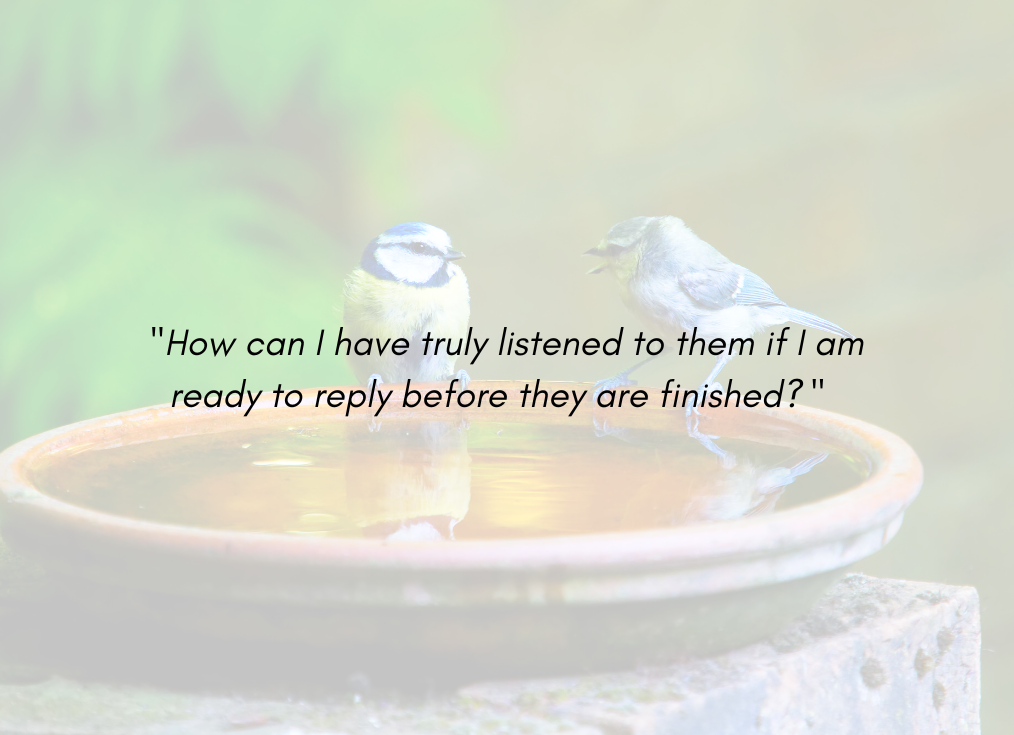Here I Am

November 11, 2022 / 17 Cheshvan
Although in 2022, the less religious person might question Gd’s direct involvement in the world today, there is no question that the Gd of the Torah, and in particular the Gd described in the Book of Genesis, is a Gd who has personal relationships and direct contact with key ancestors, and in particular with our patriarchs and matriarchs.
So, when Gd calls out Abraham’s name in this week’s Torah portion, Vayera, Abraham’s reply “Hineni” (“Here I am”), Genesis 22:1, is an odd way to answer that sets up some foreshadowing for later in the chapter. And then, only a few verses later, on the path up Mount Moriah, Isaac initiates a conversation with Abraham by calling him “father” (22:7), to which Abraham, assumed to be walking directly with Isaac, answers “Hineni” once again. Then, at the climax of this story, as Abraham stands over the bounded Isaac, yielding a knife ready to sacrifice his son, Gd calls Abraham’s name again (this time twice), to which Abraham’s reply is, yes, you guessed it, “Hineni” (22:11).
Given these three examples, it does not take great biblical exegesis to understand that Hineni is not a literal reply by Abraham, but rather, it is implied to mean something different. Something very different.
Psychologists, therapists, and counselors all agree that one of the key skills to improving our relationships with one another is to sharpen our ability to listen.
I spent over three decades in the Pre K-12 academic school setting, and have continued in higher education in recent years, and one undeniable fact is that education has relegated the skill of listening to at best fourth place (after reading, writing, and speaking), and in some very unfortunate cases cannot be found at all in the academic curriculum. Listening is often an assumed skill, which is believed to intuitively occur because, for most of us, we are born ready to hear someone else’s words.
However, how often do we find ourselves (and I humbly include myself in this example) ready to share our thoughts in a conversation, debate, or discussion, before the other person has concluded their position? How can I have truly listened to them if I am ready to reply before they are finished?
It has been well documented that in the Native American culture, moments of silence in dialogue are considered to be a sign of respect and demonstrate that the person is processing another’s words and reflecting on them before forming an answer or reply. A behavior that many an early American settler assumed was a sign of simplemindedness or stupidity instead of what it was, a sign of respect and being in the moment.
It is this “being in the moment” that Abraham is expressing in his “Hineni” reply. Both Gd and Isaac know that Abraham is there with them, but being physically in a place is not the same acknowledgment as being physically and mentally ready to engage in conversation and listen.
In last week’s column, I shared the importance for us as a society, and even more so for us as a community, to reach across from our echo chambers and circles of influence to acknowledge that there is another side to the conversation… to which we need to listen… to really listen.
May we all try to follow our Patriarch Abraham’s example, and when we are called upon to answer “Hineni,” “here I am,” ready to listen, to be present, to even disagree, if necessary, but to hear your thoughts, concerns, and perspectives. Because listening to you makes me better understand who I am and what I believe, which in turn makes us…
Shabbat Shalom,

